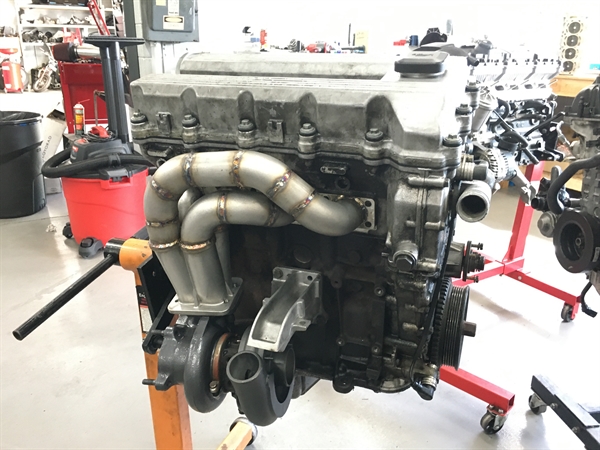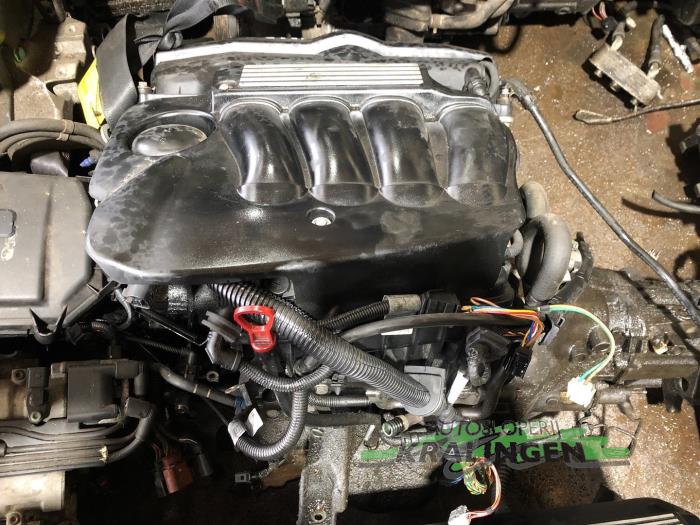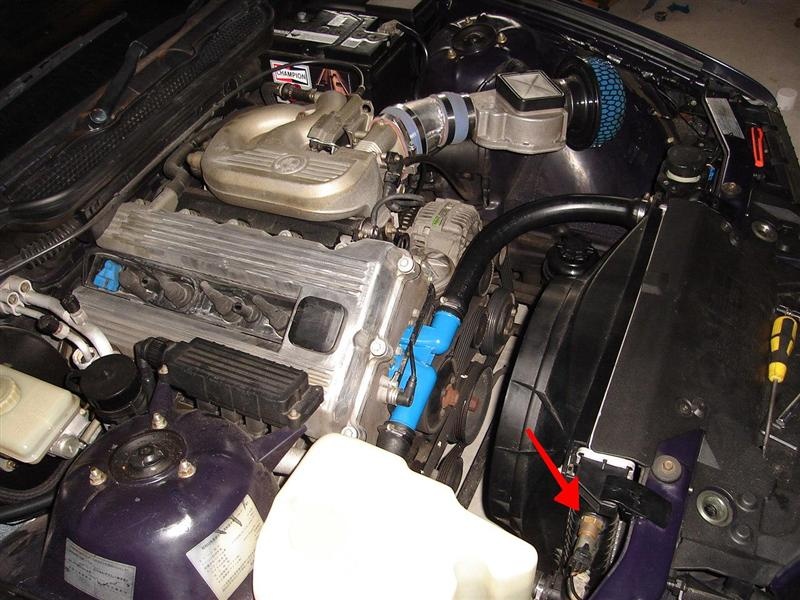BMW 318ti: Efficiency Specs and Features Explained
Key Functions to Seek When Investing In an Engine for Automotive Applications
When considering the acquisition of an engine for vehicle applications, a number of crucial functions warrant mindful analysis to guarantee ideal performance and functionality. From power and efficiency capacities to sustain sturdiness, adherence, and efficiency to emissions criteria, each element plays a vital function in determining the engine's viability for certain automobile demands. Additionally, cost-effectiveness remains a crucial consider the decision-making process, balancing top quality with financial factors to consider. These features jointly add to the total performance and integrity of the engine, influencing the driving experience and long-term contentment of the user.
Power and Performance
When choosing an auto engine, buyers prioritize power and performance to make sure ideal driving experience and performance. The power result of an engine, frequently determined in horse power (HP) or kilowatts (kW), determines the acceleration, top rate, and general abilities of a car. Higher power scores normally lead to quicker velocity and better performance, especially during overtaking or carrying heavy loads. Efficiency, on the various other hand, incorporates a more comprehensive range of features, consisting of fuel efficiency, emissions, reliability, and total driving characteristics. A well-performing engine not just provides power effectively however also runs efficiently across different rate arrays and driving problems.
Additionally, aspects such as engine turbocharging, crossbreed, and variation innovations play substantial roles in enhancing both power and performance degrees. Inevitably, selecting an engine that uses a powerful mix of power and performance guarantees a enjoyable and reliable driving experience.
Fuel Effectiveness
Enhancing fuel effectiveness is a critical factor to consider for consumers when reviewing vehicle engine options. The effectiveness of an engine straight affects operating expense and environmental impact. One key variable influencing fuel performance is the engine's design and modern technology. Modern engines with features like direct gas shot, turbocharging, and variable valve timing can dramatically improve gas effectiveness by boosting burning processes and minimizing power loss. Additionally, the general weight of the engine and lorry, as well as the aerodynamics, play crucial functions in determining fuel usage.

Durability and Reliability
Achieving durable efficiency and dependable procedure is vital for customers assessing the durability and dependability of automotive engines. When thinking about an engine for auto applications, sturdiness describes the engine's ability to stand up to wear, stress, and rough operating problems over an extended period. Integrity, on the other hand, suggests that the engine can continually perform its designated feature without unanticipated break downs or failings.
Customers should search for engines created with high-quality materials and exact design to ensure durability. Parts such as you could try this out pistons, crankshafts, and bearings ought to be long lasting to manage the engine's power result without early wear. Additionally, engines equipped with sophisticated cooling systems, efficient lubrication, and robust filtering systems often tend to show greater degrees of integrity.
Normal upkeep and adherence to supplier referrals are additionally crucial elements in protecting an engine's sturdiness and dependability. By complying with maintenance timetables, making use of advised liquids, and addressing any issues promptly, customers can make best use of the life-span and efficiency of their vehicle engines. Eventually, prioritizing resilience and reliability in engine option can bring about a much more rewarding ownership experience with fewer unanticipated disruptions.
Emissions Conformity
Making certain compliance with discharges policies is a vital aspect of reviewing vehicle engines for ecologically conscious customers. With boosting concerns concerning air high quality and environmental influence, stringent emissions criteria have been established worldwide to reduce hazardous contaminants released right into the ambience. When purchasing an engine for automotive applications, it is necessary to consider its discharges compliance to lessen the carbon impact and comply with legal requirements.
Modern engines are furnished with sophisticated exhaust control modern technologies such as catalytic converters, exhaust gas recirculation (EGR) systems, and selective catalytic decrease (SCR) to reduce dangerous exhaust gases like nitrogen oxides (NOx), carbon monoxide (CARBON MONOXIDE), see this page and hydrocarbons (HC) These systems play an essential function in ensuring that the engine satisfies the defined emissions requirements and runs within acceptable restrictions.

Cost-effectiveness
When thinking about vehicle engine acquisitions, reviewing cost-effectiveness is paramount for consumers seeking both performance and value. Cost-effectiveness in engine purchase entails even more than simply the preliminary acquisition price. It includes the general expenditures associated with upkeep, gas consumption, and potential repair work over the engine's life expectancy. Going with an engine that uses an equilibrium between in advance expenses and long-lasting cost savings can cause substantial advantages for the customer.
One secret aspect of Extra resources cost-effectiveness is fuel performance. Engines that are designed to make best use of gas economic climate can result in substantial financial savings gradually, particularly for individuals that drive frequently or over fars away. Furthermore, thinking about the accessibility and price of extra components and servicing can add to the total cost-effectiveness of an engine. Making sure that repair and maintenance are available and sensible can prevent unanticipated economic concerns down the line.

Conclusion
Finally, when buying an engine for auto applications, it is essential to consider essential functions such as power and efficiency, gas sturdiness, effectiveness and dependability, discharges conformity, and cost-effectiveness. These aspects are necessary in making certain that the engine fulfills the needs of the automobile and runs successfully in different driving conditions - bmw 318ti. Making a notified decision based on these criteria will inevitably bring about a effective and effective automotive engine acquisition
From power and efficiency abilities to fuel adherence, toughness, and effectiveness to emissions criteria, each element plays an important duty in establishing the engine's viability for particular auto requirements. Engines developed to run on different fuels such as electrical power, crossbreed systems, or biofuels can provide better fuel economy and reduced emissions contrasted to standard gasoline or diesel engines. Customers ought to thoroughly think about the fuel performance ratings and innovations integrated into automotive engines to make informed acquiring choices that align with their priorities for cost financial savings and sustainability.
When considering an engine for automotive applications, resilience refers to the engine's capacity to hold up against wear, tension, and severe operating conditions over a prolonged period.In final thought, when purchasing an engine for automobile applications, it is important to think about essential attributes such as power and efficiency, fuel longevity, dependability and effectiveness, discharges conformity, and cost-effectiveness.